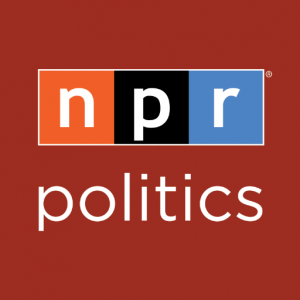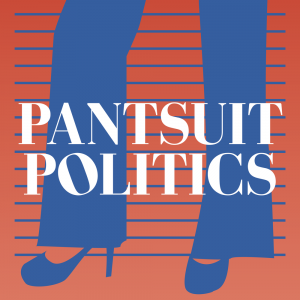Staying well-informed on global issues can be challenging with news constantly changing and updating. It can be hard to stay up to date on the latest events without being glued to the internet, whether it’s news in the U.S., the Middle East or things happening locally. Keep up with these political podcasts that range from daily to biweekly — they’ll keep you informed and entertained without taking over your life.

Photo courtesy: The New York Times
Start your morning commute with “The Daily.” Powered by The New York Times and hosted by Michael Barbaro, “The Daily” is a quick and informative way to get your daily dose of current events. Like any podcast with a witty host, it’s hard to resist Barbaro’s vocals, personality and interview techniques. In just 20 minutes, the podcast highlights the latest headlines and the biggest topics every day. It focuses on more than just politics and expands on in-depth stories and coverage from The New York Times. Recent episodes have explored the Roy Moore accusation, the GOP tax plans and Steve Bannon’s war on the Republican Party. Barbaro presents the facts without bias and gets straight to the point. By delving into important information in news, he also brings insight and analysis.

Photo courtesy: NPR Politics Twitter
“NPR Politics” is a successor of NPR’s very own “All Politics.” Featuring political reporters from NPR, the podcast focuses on the week’s most important, groundbreaking political news. The reporters rotate each week and provide weekly roundups for those who may not want to spend an eternity reading up on the latest news. Each reporter on the show weighs in on important issues and provides opinions. Despite personal biases at times, the opinions shared make the content engaging, especially when it concerns critical decisions being made in D.C. During the 2016 presidential election, the podcast became a quick source to find out what was happening with the candidates and how the campaign process worked. The show is engaging and is a preeminent synopsis of practical politics.

Photo courtesy: The Cipher Brief
Michael Morell, former deputy director of the CIA, has found a new way to stay engaged and inform the public, and it’s through podcasts. Morell is a significant figure with an extensive knowledge of foreign policy. His efforts have played a role in U.S. counterterrorism efforts for more than two decades. In partnership with CBS, Morrell speaks with prominent leaders in the intelligence community about national security within the U.S. This podcast brings a different perspective on what’s happening both abroad and domestically, and the conversations with Morrell are insightful. If you’ve wondered about what happens behind closed doors in the CIA, this podcast gives you a glimpse into that — kind of. Each week Morell discusses salient issues like National Geospatial Intelligence’s role in the Osama bin Laden raid, the analysis behind the Iran nuclear deal and what the Trump administration is doing to decertify the deal and, most importantly, the escalating crisis with North Korea.

Photo courtesy: Pantsuitpoliticsshow.com
“Pantsuit Politics” is all about no shouting, no insults and plenty of nuance. Hosted by two women from opposite sides of the political spectrum, Sarah Stewart Holland and Beth Silvers, the show provides listeners with each host’s views on politics and news. Though they have opposing perspectives, it’s interesting to listen to both hosts converse about political issues. I recently started listening to the podcast after the Tongo Tongo ambush in Niger killed a U.S. soldier. Though details are still emerging about the situation, Holland and Silvers provide a comprehensive look at U.S. involvement in Niger since the early 2000s. Furthermore, they take a look at the rise of extremism in the African country. Their insight proves to be both constructive and respectful, and twice a week, they agree or disagree and still maintain their political discourse.






